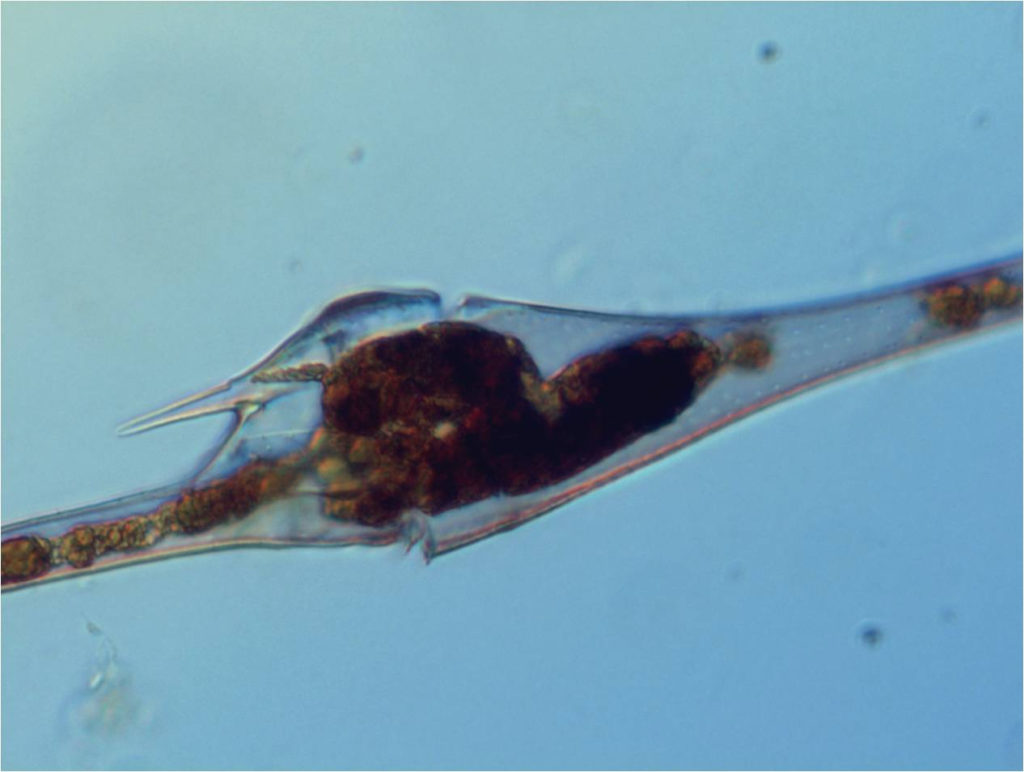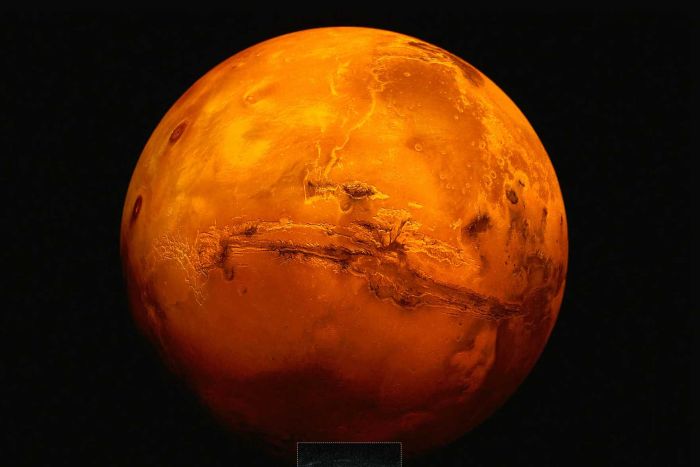Take a walk on the mild side with Rif and Jesse on this XL episode as they explain why Australia was in dire need of a marine microbe census, how every touch of your smartphone screen gives you away, the liquid water lake (what!?) on Mars, and finally, chat with Dr Brenda Lin about sustainable living, resilient cities, and the loss of nature from our lives.
CSIRO news
 175,000 marine microbes – squint and you’d still miss them
175,000 marine microbes – squint and you’d still miss them
“DNA from the deep has revealed a stunning diversity of invisible life in Australia’s oceans. Not able to be seen with the naked eye, 175,000 marine microbes have been identified by us and scientists from 18 leading Australian institutes to create an unparalleled dataset on invisible microbes that play a significant role in the health of our oceans.” Full story.
 Swiping your identity: how you’re being tracked
Swiping your identity: how you’re being tracked
“…Our Data61 team have been dedicating brain power to investigating these issues through a scientific lens. And now our latest research reveals that personal identity, something we’d largely classify as private and sensitive when we’re interacting with technology like web browsers and apps on smartphones, can be compromised through some surprisingly devilish techniques.” Full story.
Science news
 Lake on Mars
Lake on Mars
“Using ground-penetrating radar on an orbiting spacecraft, an Italian team picked up signs of a 20-kilometre-wide body of liquid water, hidden 1.5 kilometres under the ice cap. They published their observations in Science today. Whether that body of water is a relic of past oceans or part of a bigger network of subterranean lakes is still a mystery, said Roberto Orosei, a planetary scientist at the Italian National Institute of Astrophysics and lead author of the paper.” Full story on ABC. Research Paper.
Interview: Dr Brenda Lin
 “Brenda Lin is an interdisciplinary scientist, examining the complex interactions between humans and their environment. Much of this research is highly applied with the hope that the research will inform on future public policy and help create resilient socio-ecological systems.”
“Brenda Lin is an interdisciplinary scientist, examining the complex interactions between humans and their environment. Much of this research is highly applied with the hope that the research will inform on future public policy and help create resilient socio-ecological systems.”
In this episode she chats with Jesse about the health benefits of time spent in nature, ways nature can be introduced to urban systems – urban gardens and fruit forests – and some of the reasons we don’t spend more time in the environment
Listen and subscribe
- iTunes — Subscribe to us on iTunes and leave us a rating and review, if you’re so inclined.
- Blog — Listen to ’em all online on our blog.
Contact us
You can get in touch with the Interronauts team via Facebook, Twitter @CSIROnews, Instagram @csirogram, or by emailing us at socialmedia@csiro.au. Thanks for listening!


Interronauts + Apple?